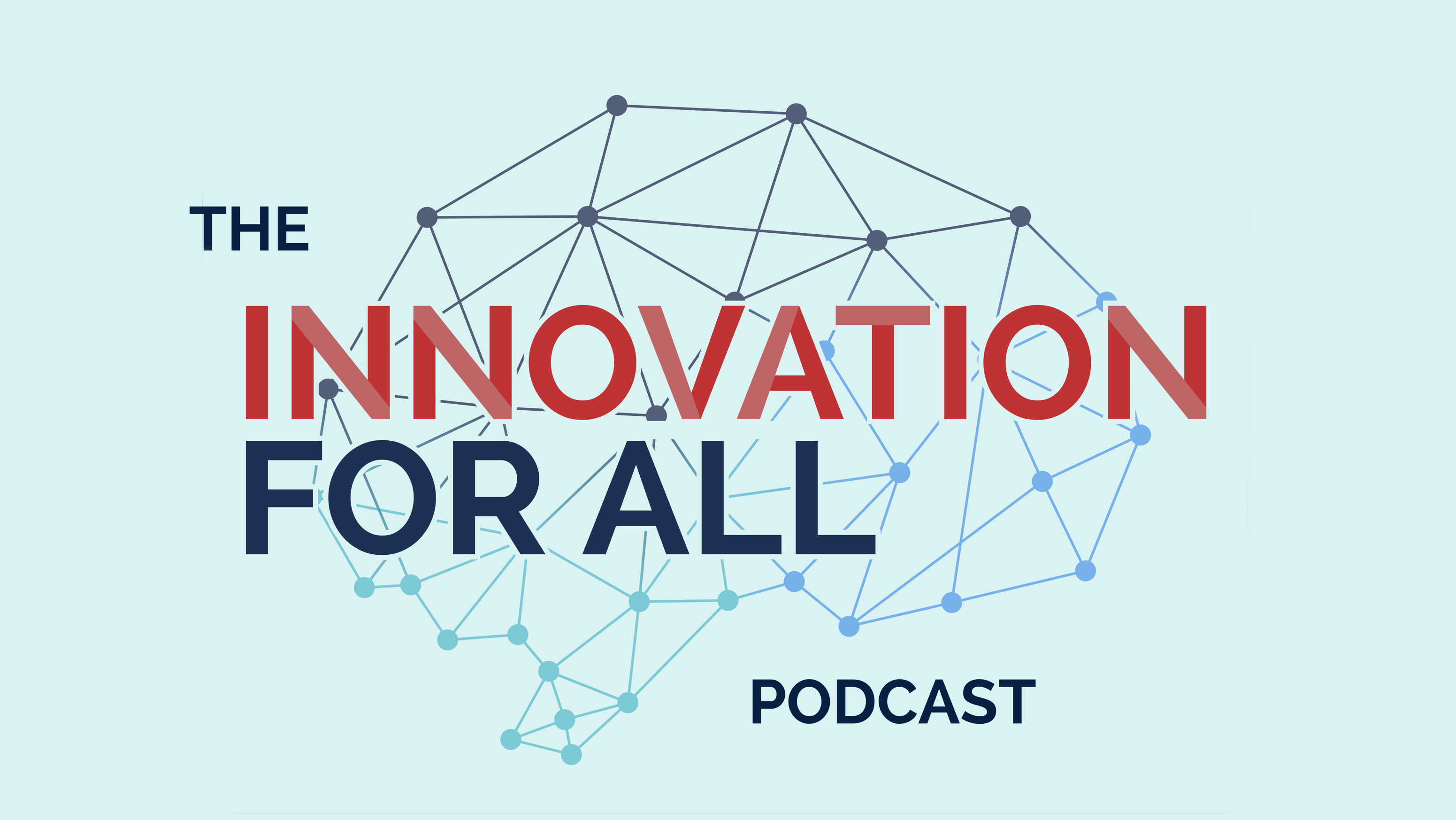
Kaveh Azartash holds a PhD in Biomedical Engineering from University of California, Irvine with a focus on Vision Science. Kaveh’s career has been focused on innovating software applications in the neuroscience and now artificial intelligence domain. He co-founded KidSense.ai in 2015 after realizing children are unable to effectively communicate with the technology around them through voice.
In this episode you will learn:
- The story of how KidSense.ai was started
- Kaveh’s professional and academic background
- The key components of voice recognition software for kids
- How AIs can recognize changes in kids’ speech patterns over time
- How KidSense.ai’s model can be applied to other challenges in voice recognition, like speech impediments or non-native English speakers
- How KidSense.ai maintains privacy and data security
- The data collection process required to develop complex AI models that mature overtime
- Both the acoustic and language components that are behind a voice recognition software
- Why these new AI technologies are considered valuable
- The future business goals of KidSense.ai
Links and mentions:
- KidSense.ai
- Machine Learning
- Coresera
Connect with Kaveh:




